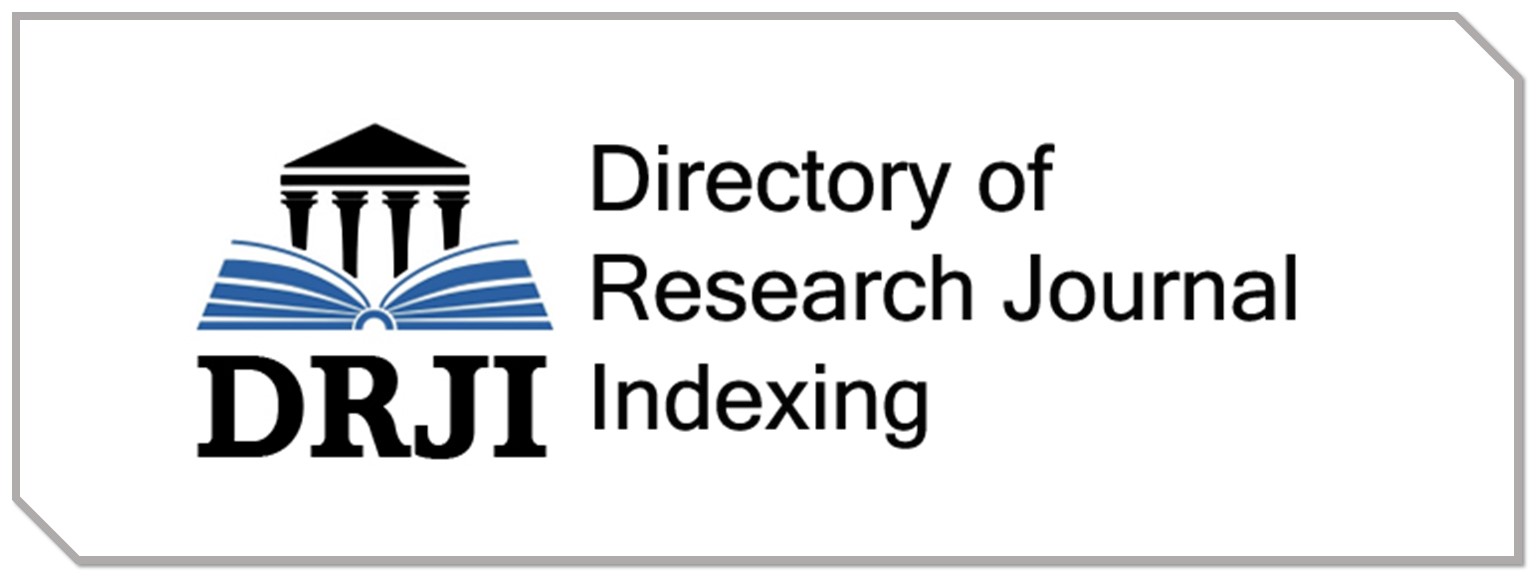Linguacognitive Study of Proverbs With a Human Component in English and Uzbek Languages
Keywords:
Human component proverbs, cognitive linguistics, metaphor, cultural values, English proverbs, Uzbek proverbs, comparative linguistics, conceptual metaphorsAbstract
This article presents a linguacognitive study of proverbs with human components in English and Uzbek languages. It investigates the metaphorical and cognitive patterns used in proverbs that feature human body parts, traits, and social roles, offering a comparative analysis of the two languages. By exploring the underlying cognitive metaphors and cultural values, the study uncovers similarities and differences in how proverbs conceptualize human experience in both languages. Concrete examples are analyzed in terms of their linguistic structures and cognitive frameworks, highlighting the challenges and nuances of cross-cultural understanding.










